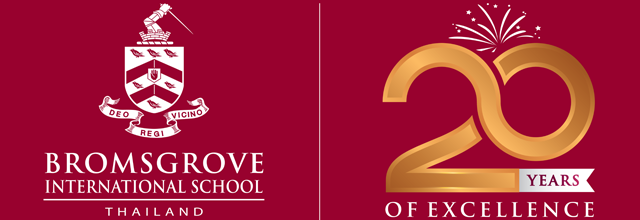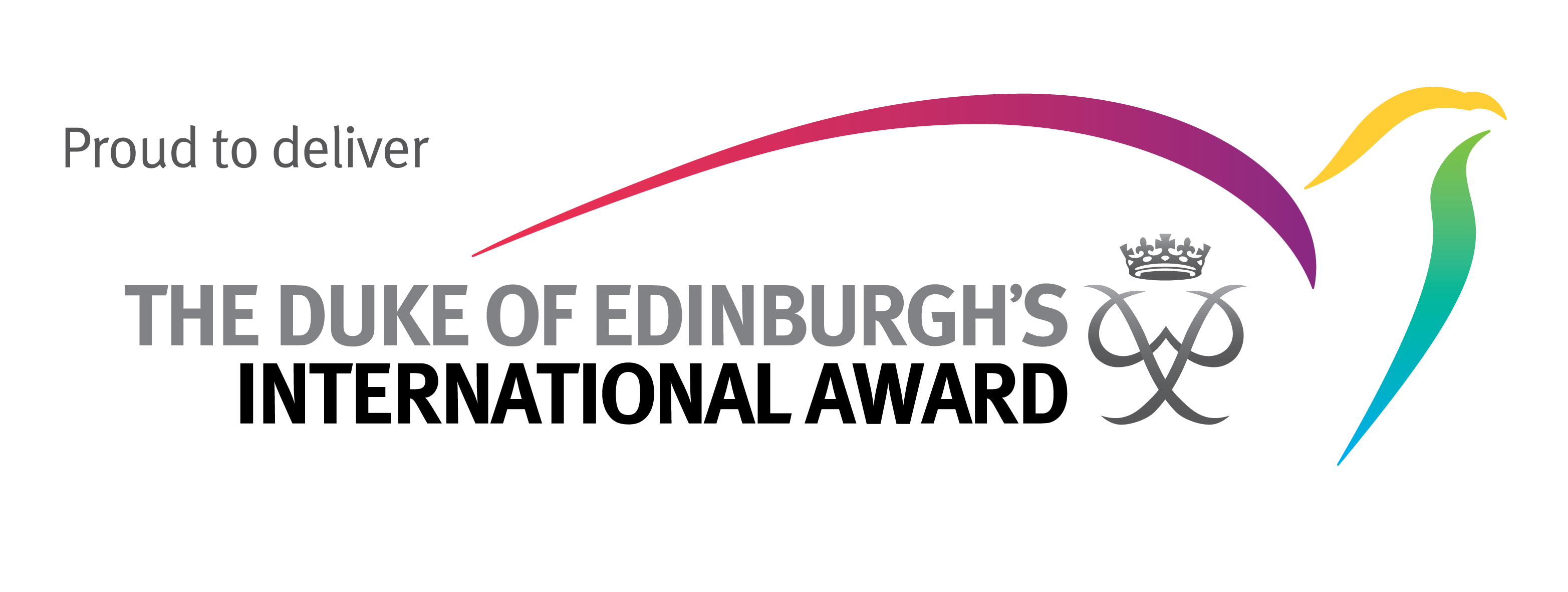Drama and Theatre
Studying drama develops an appreciation of theatre as an art form and gives students the opportunity to build up skills in this area, promoting group work, imagination and creativity.
From the first days at school, children in our Early Years classes find their voice through singing, dancing and acting. As they get older, students progress to year group assemblies, performance poetry, musical productions and auditioned performances to appreciate audiences in our auditorium.
All pupils from Pre-Nursery to Year 6 have a chance to shine in our productions. We separate the productions into two age groups: Pre-Nursery to Year 1 and Years 2 to 6. The younger children perform a wonderful nativity at the end of Term 1 and a musical in Term 3. The older children participate in year group assemblies throughout the year and all perform in a musical at the end of the school year.
Our drama and theatre curriculum, starting in Year 7, has been developed to suit the individual needs and interests of our students. Through participation in theatre, we encourage all our students to be actively involved in the exploration and enactment of human experience. The subject inspires individuals to become inquisitive of, and knowledgeable about, the world around them, encouraging them to become responsible global citizens. Drama also makes a significant contribution to students’ abilities as speakers and listeners, thereby ensuring they become confident communicators.
Key Stage 3 (ages 11 to 14)
In KS3, students develop a range of communication and performance skills, which can benefit them in other subject areas. They have the opportunity to build confidence and improve their acting ability through the exploration of different themes and topics. Students develop their knowledge of how to use performance techniques and learn how to work effectively in group situations. They also learn positive ways to evaluate work, developing their literacy, as well as verbal communication. Students have opportunities beyond lessons to extend their skills and participate in events such as the FOBISIA Drama Festival (exclusive to KS3) and the TISAC Drama Competition.
Key Stage 4 (ages 14 -16)
Drama iGCSE is an exciting course that enables students to develop their confidence, communication and performance skills. Students participate in three areas of study which will broaden their knowledge of devising as well as exploring popular play texts, brought to life in the form of a practical performance. There is a high level of practical study as well as being able to build upon literacy skills in drama. There are both practical and written exams to be taken at the end of the course.
Key Stage 5 (ages 16 -18)
A Level Drama is made up of two components: one practical and one written. For the practical element, students perform a monologue and a group piece from a published play. Students also devise an original piece of theatre in response to a stimulus from a play text. All aspects of the practical examination are influenced by a specific theatre practitioner, with students applying their theory to the practical work. For the written examination, students study two texts; one contemporary and one classical. They are required to write about their vision for the design, performance and direction in the exam. Students also watch a range of live theatre throughout the course and analyse this in the examination.
















